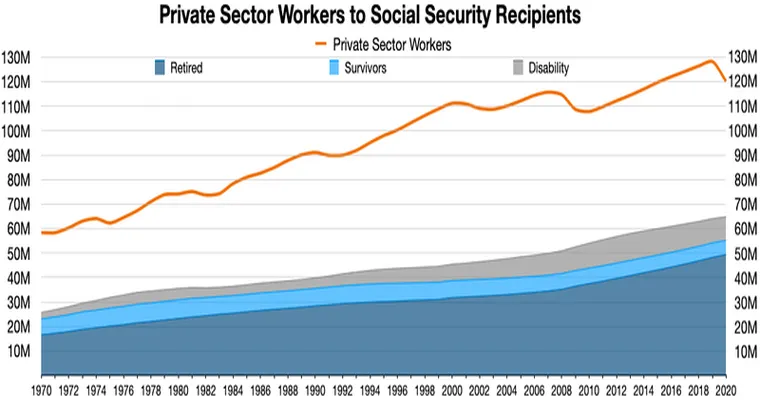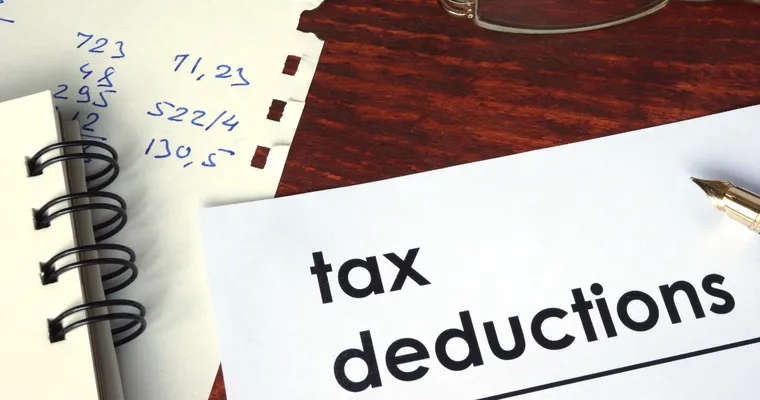As a caregiver, navigating the "tax preparation" process can be daunting, especially when it comes to understanding your "deductions", "credits", and how your role may impact your taxes. Each year, it is essential to start with a clear plan to ensure you maximize your tax benefits and comply with regulations. This article outlines the essential "tax steps" every caregiver should take annually to make the process smoother and more efficient.
Understand Your Status as a Caregiver
The first step in your tax preparation is to understand your status as a caregiver. If you are providing care for a family member or friend, you may be eligible for certain "tax benefits". Determine whether you qualify as a "dependent" or are providing care for someone who qualifies as a dependent. This will influence your eligibility for various deductions and credits, such as the "Child and Dependent Care Credit".
Gather Necessary Documentation
Once you have established your caregiving status, it is crucial to gather all necessary documentation. This includes medical receipts, caregiving contracts, and any relevant financial records. Keep track of all "out-of-pocket expenses" incurred while providing care, as these may be deductible. Additionally, if you are receiving payment for your caregiving services, make sure to document this income accurately.
Know Your Deductions and Credits
As a caregiver, you may qualify for several "tax deductions" and credits that can significantly reduce your taxable income. Some key deductions to consider include:
"Medical Expenses": If you are paying for medical care for your dependent, you may deduct unreimbursed medical expenses that exceed a certain percentage of your adjusted gross income.
"Mileage": If you use your vehicle for caregiving tasks, you can deduct mileage driven for medical purposes. Keep a detailed log of your mileage and the purpose of each trip.
"Home Improvements": If you made modifications to your home to accommodate a disabled person, these costs may be deductible.
Familiarize yourself with the "tax credits" available to caregivers, such as the "Family and Medical Leave Act (FMLA)" benefits, which may have tax implications.
Consider Filing Options
When it comes to filing your taxes, you have several options. You can choose to file your taxes independently or seek assistance from a "tax professional" who specializes in caregiving tax issues. If you are filing on your own, consider using tax preparation software that can guide you through caregiver-specific deductions and credits. If your situation is complex, consulting a professional can ensure that you are taking full advantage of available benefits.
Review Tax Changes
Tax laws can change frequently, and it is essential to stay informed about any modifications that may affect you as a caregiver. Each year, review the IRS guidelines or consult with a tax professional to understand how new policies may impact your tax situation. This proactive approach can help you avoid costly mistakes and ensure compliance with current regulations.
Plan for the Future
As part of your annual tax preparation, take time to plan for the future. Consider setting up a "Health Savings Account (HSA)" or a "Flexible Spending Account (FSA)" if eligible. These accounts can help cover medical expenses and provide tax advantages. Additionally, think about your long-term caregiving plans and how they may affect your financial situation in the coming years.
Conclusion
Navigating the tax landscape as a caregiver can be complex, but by following these essential steps, you can simplify the process and maximize your potential benefits. Start each year with a clear understanding of your caregiving status, gather necessary documentation, and stay informed about available deductions and credits. By taking these proactive measures, you can ensure that you are well-prepared to tackle your taxes and focus on what truly matters—providing excellent care to those you love.





